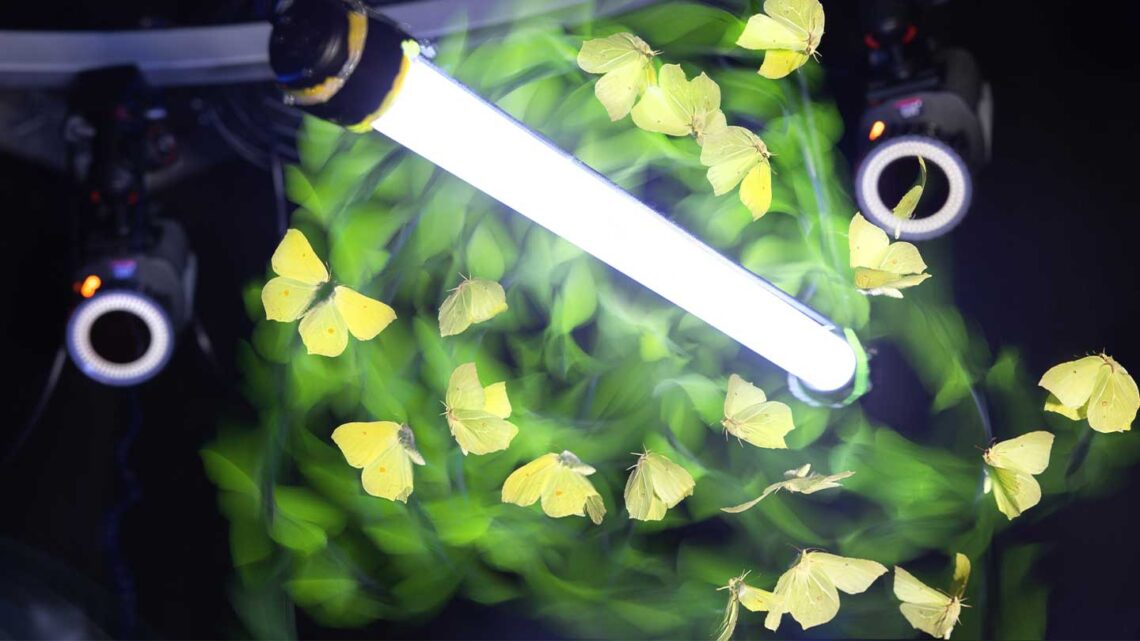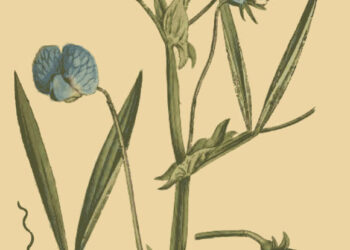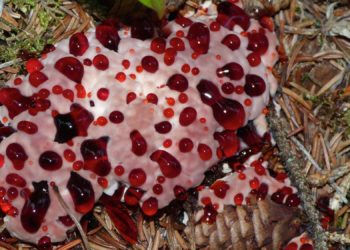biodiversity: (short for biological diversity) The number and variety of species found within a localized geographic region.
biologist: A scientist involved in the study of living things.
bug: The slang term for an insect. Sometimes it’s even used to refer to a germ. (in computing) Slang term for a glitch in computer code, the instructions that direct the operations of a computer.
canopy: (in botany) The top layer of a tree — or forest — where the tallest branches overlap.
coauthor: One of a group (two or more people) who together had prepared a written work, such as a book, report or research paper. Not all coauthors may have contributed equally.
compass: An instrument that uses magnetized substances to show the direction of magnetic north.
Costa Rica: A Central American nation with coastlines along both the Pacific Ocean and Caribbean Sea. This country of nearly 5 million people is sandwiched between Nicaragua to the north and Panama to its south. Almost one-fourth of its land consists of protected rainforests, which are home to such animals as spider monkeys and the quetzal birds.
diffuse: adj.) To be spread out thinly over a great area; not concise or concentrated. (v) To spread light or to broadly release some substance through a liquid (such as water or air) or through some surface (such as a membrane).
ecologist: A scientist who works in a branch of biology that deals with the relations of organisms to one another and to their physical surroundings.
entomologist: A biologist who specializes in the study of insects. A paleoentomologist studies ancient insects, mainly through their fossils.
evolutionary biologist: Someone who studies the adaptive processes that have led to the diversity of life on Earth. These scientists can study many different subjects, including the microbiology and genetics of living organisms, how species change to adapt, and the fossil record (to assess how various ancient species are related to each other and to modern-day…
Read the full article here







